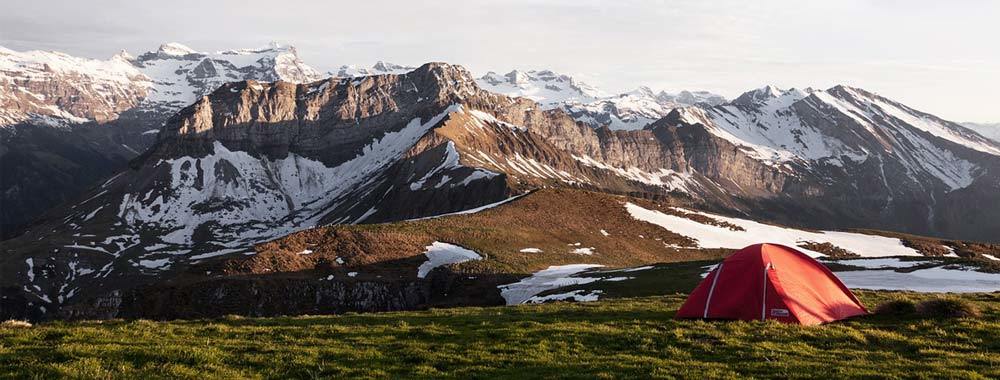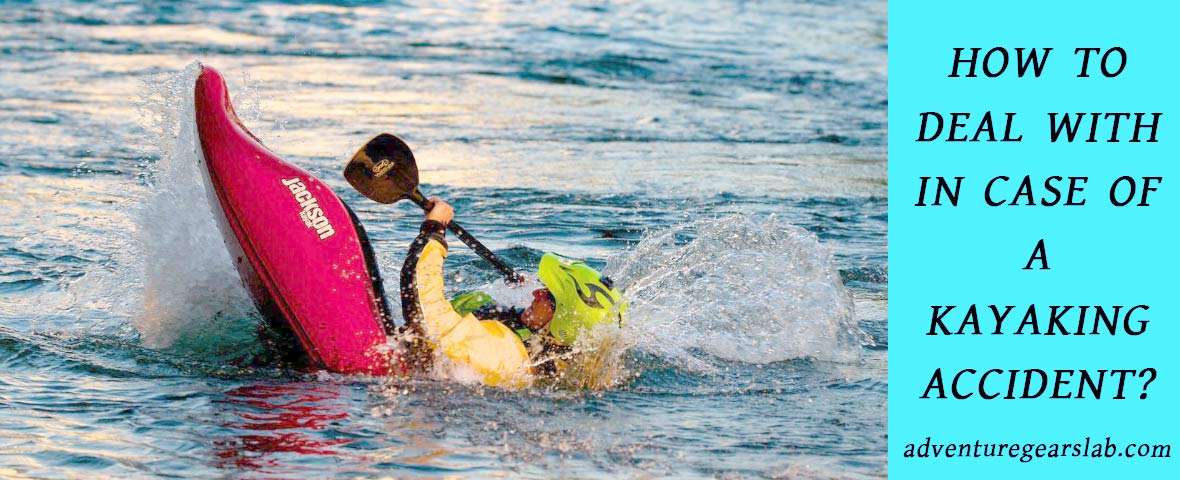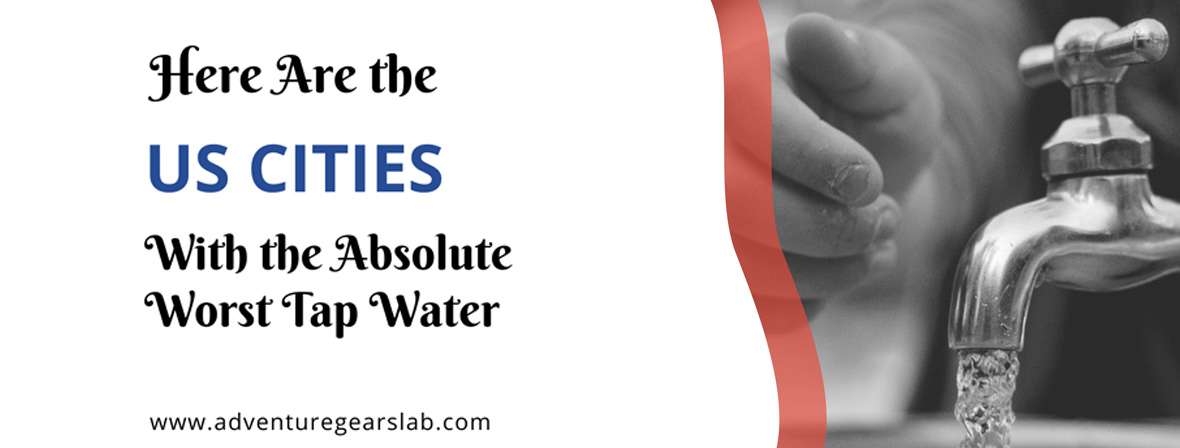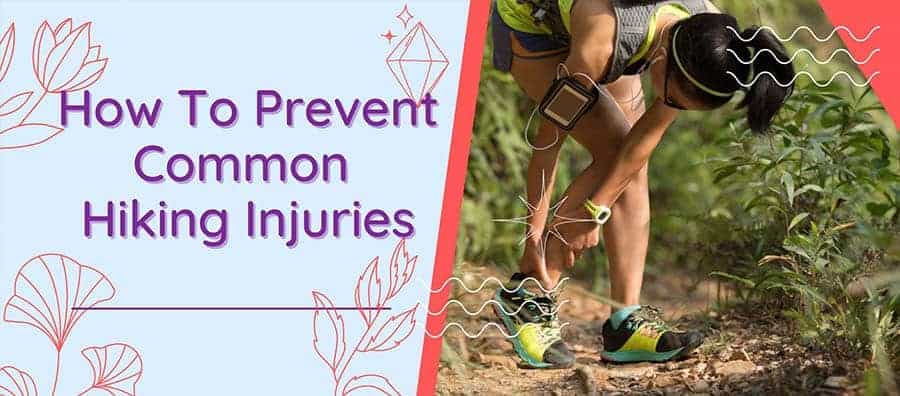There are all kinds of campers out there, from those that camp in luxurious style to those who truly rough it.
The one thing that every person camping should have in common, though, is a willingness to pick up after themselves to preserve the great outdoors for those camping after you.
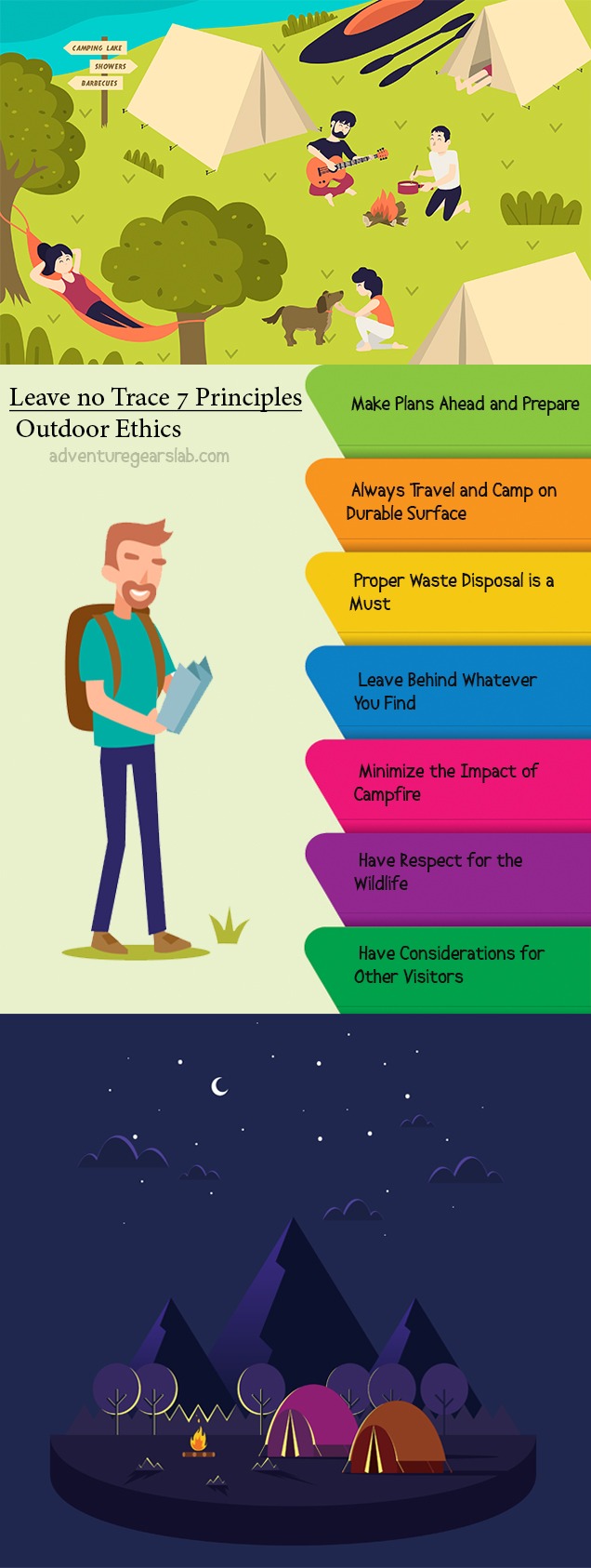
Share this image on your site:
Leave No Trace
This is a great starter tip because it already puts you in the mindset of keeping up with the mess that you are making.
This especially takes shape when you are packing up again to leave the area, take an extra few minutes and walk around everywhere that you have been, cleaning up even biodegradable trash and removing it from the area.
Leave no trace 7 principles are guides to help protect the environment while seeking fun and adventure, especially outdoors.
Plan Ahead and Prepare
Be aware of the regulations guiding your destination, and you must be prepared for weather extremes, especially flash floods and fire hazards.
Travel and Camp on Durable Surfaces
Establish your camp on solid surfaces such as gravel, snow, dry grasses and rock. You should also consider established trails and previous campsites.
Dispose of Waste Properly
Pack out thrash, including food liters, cans, bottles and hygiene products like toilet paper inside a trash bag. Wash your dishes some 200 feet away from streams and ponds.
Leave What You Find
Always learn to preserve the past, most especially the artifacts and cultural items you find on campsites.
Minimize Campfire Impacts
Go for lightweight stove to cook and candle lantern for light instead of making big naked fires on campsite. Put out the campfires completely and scatter the cool ashes left over.
Respect the Wildlife
Do not follow or approach wildlife animals, rather you should observe them from a distance. Store your food and other items tightly to protect them from being scavenged by wildlife animals.
Be Considerate of Other Visitors
Let other visitors enjoy great quality experience on the campsite, try and camp away from other visitors and avoid loud noises.
Cooking and Eating
This is quite possibly the time that you are most likely to leave a mess all around. From food packaging to the biodegradable waste, you cannot allow your cooking to remain in the forest after you have left.
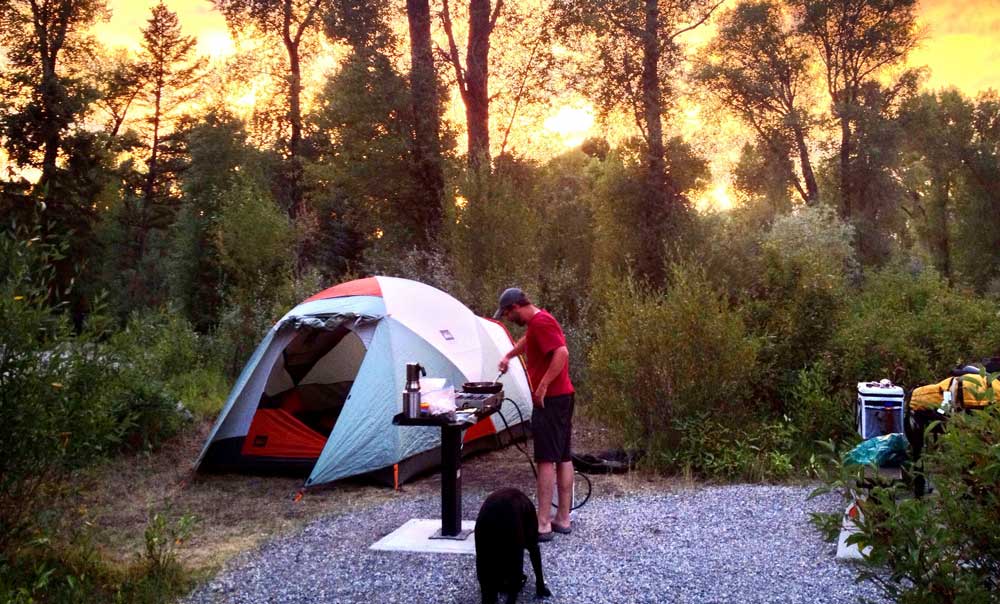


When you are done eating, it is advisable to clean your dishes or properly dispose of your paper plates and cutlery. You don’t want to attract attention from creatures looking for food to scavenge.
Clean Up Your Pet’s Waste
There is a common misconception that because certain woodland creatures use the great outdoors as a bathroom that everyone is good to.
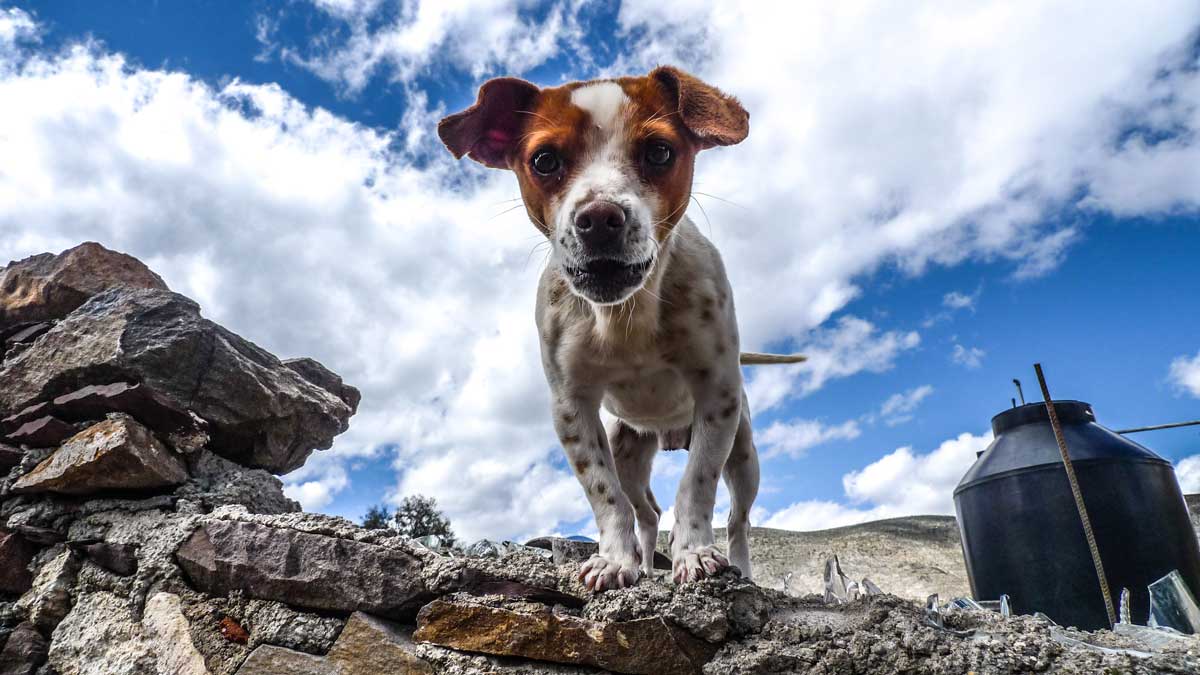


Even something as seemingly insignificant as your pet waste could have disastrous effects on a thriving eco-system or habitat.
Pack the Proper Cleaning Supplies
It is easy to just grab some random cleaners from your house, but this isn’t going to help the wilderness around where you are camping. If you have to bring legitimate cleaning supplies along with you, at least make sure that they are “natural” or “all-natural” products.
These aren’t going to be loaded to the brim with unexplained components that can kill local wildlife if consumed accidentally.
Set Up A Garbage Bag Immediately
From the moment that you exit your vehicle and enter the place that you are going to be camping, you need to have a garbage bag set up to collect trash.
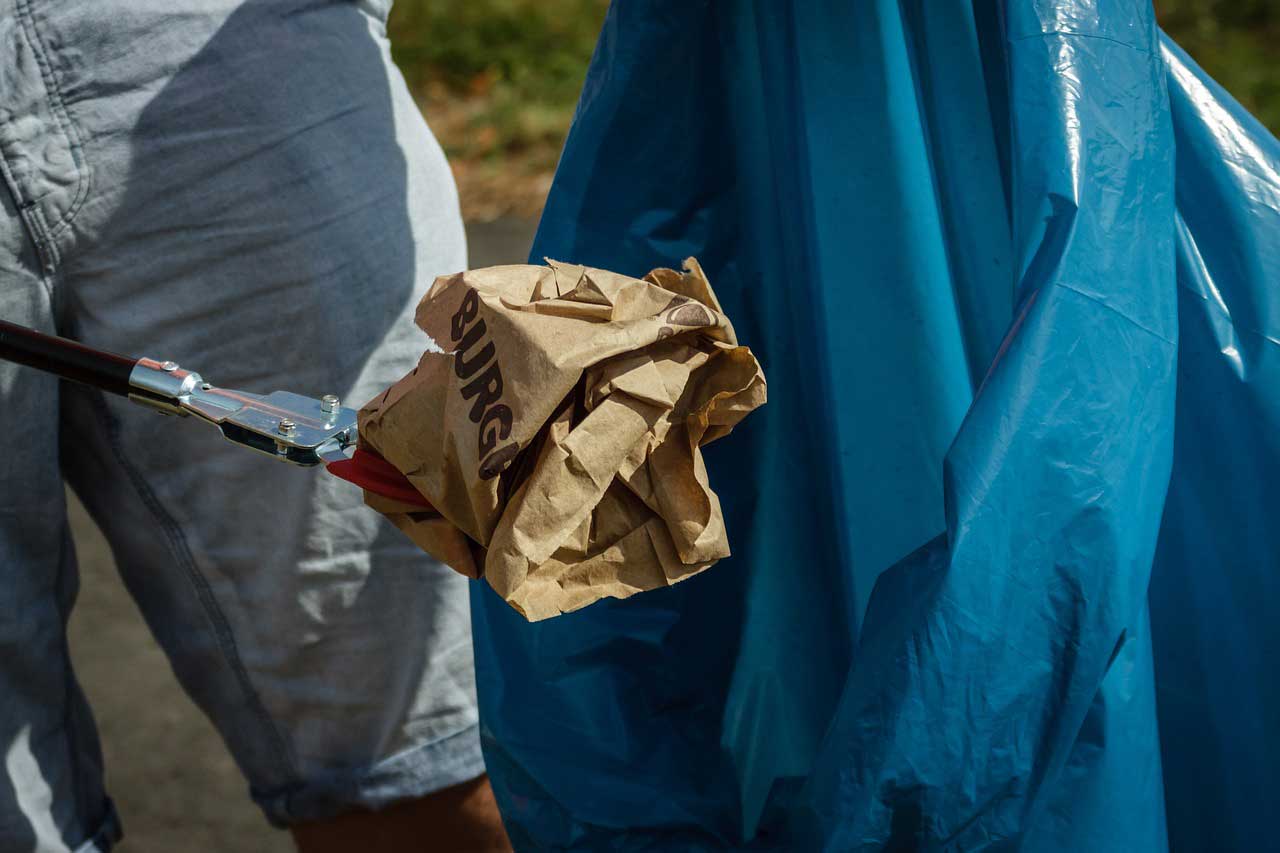


From the very start, there will be garbage that you or your group creates (either from opening new packaging or from the car ride in). So, make sure that everyone is taking all of their trash and getting it into the appropriate receptacle.
Keep Your Tent Clean
There are a few ways that you can keep you tent clean. The first way is to ensure that you are setting down a tarp for people to sleep on underneath their sleeping bags.
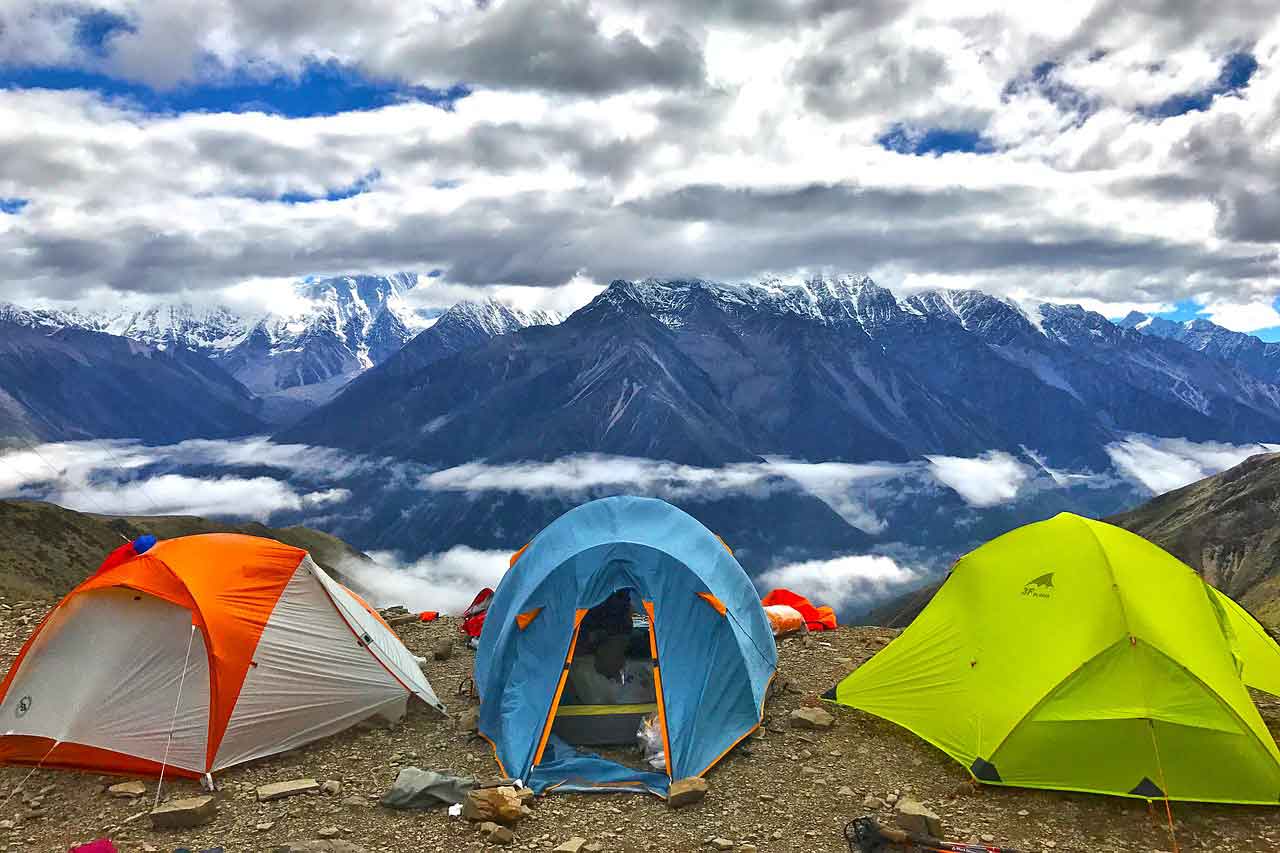


This ensures that you are not directly affecting the ground, either through contamination or tracking. Second, you can put a nice welcome mat out in front of the tent for you (or others) to use before entering.
This will help from tracking and spreading mud throughout the inside of the tent itself.
Conclusion :
These are a few quick tips for keeping your campsite clean, and something that could easily apply to anyone getting out there into the wilderness throughout the year.
Taking a few extra minutes to ensure that you are keeping a clean area, and leaving a site the same as when you arrived, ensures that camping can continue for future generations and that you leave an area with a profound sense of personal pride.
Also Read :
1. How To Fish for Crappie
2. How to Choose a Portable Camping Gas Burner
3. How to Make an Ice Chest Float

